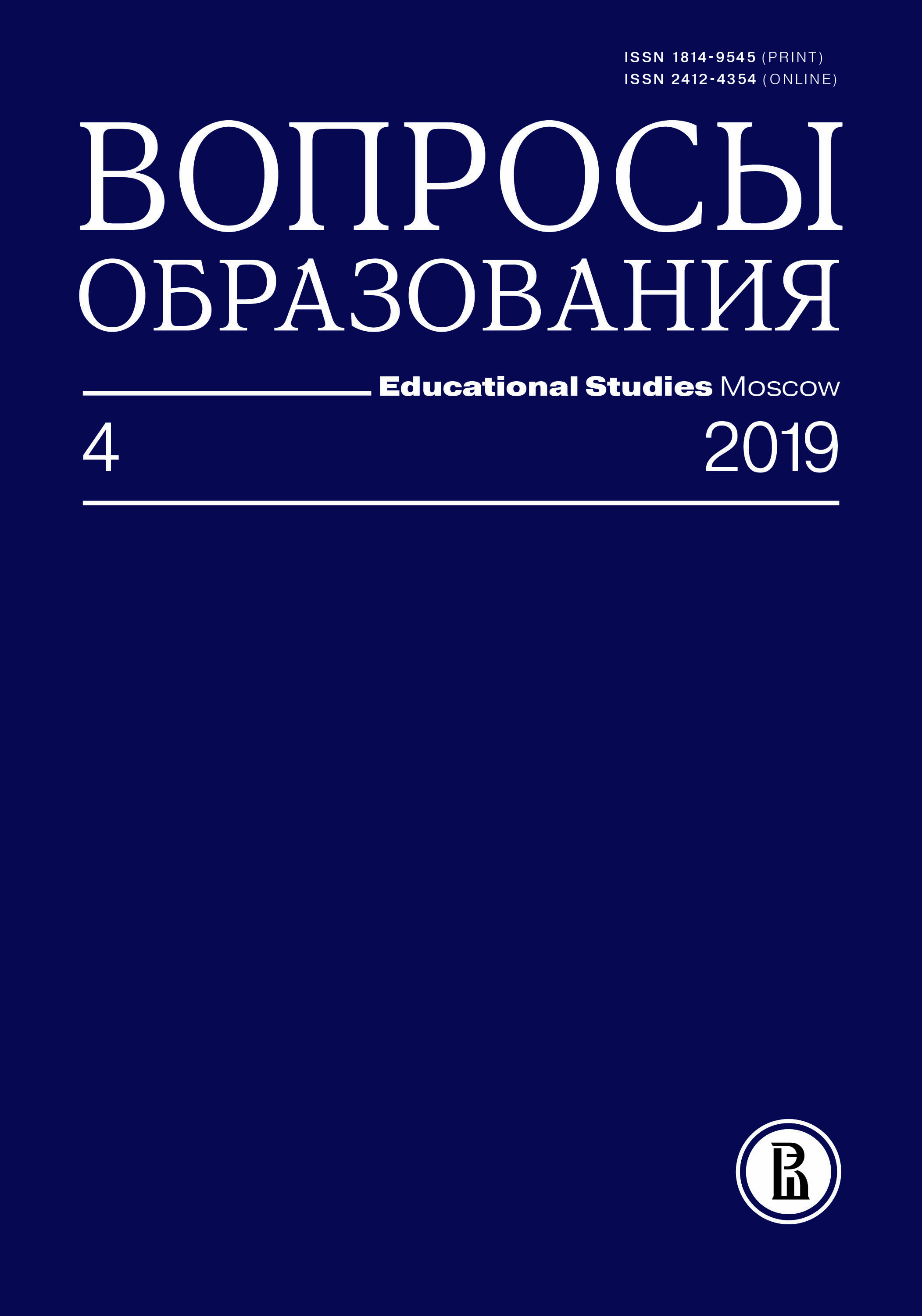The Key Characteristics of Teaching Excellence Programs for Academic Leaders. A Review of High-Ranking Universities’ Experiences Reflected in International Publications
Abstract
Teaching excellence and academic leadership programs have been emerging and growing in response to the increasing demand for better teaching quality and educational change in universities all over the world. International publications analyzing the experiences of high-ranking universities in developed economies (USA, Germany, Denmark, Netherlands, and Australia) are reviewed in this article to identify the characteristics of successful professional development programs for teaching quality and academic leadership in higher education designed to foster educational change. Some fundamental concepts are investigated, such as teaching excellence, teaching quality, instructional development, and academic leadership; their fuzziness and partial overlapping are demonstrated. The article also describes the characteristics of teaching excellence programs for academic leaders, such as key stakeholders (governmental, institutional, and teacher demands) and major approaches to promoting teaching excellence and academic leadership, which include the concept of reflective practice, andragogical theory, transformative learning approach, self-directed learning, inquiry-based learning, and refocusing from teacher to student. The core design features of teaching excellence and academic leadership programs are discussed, such as selection criteria, frequency and duration, principles and formats of implementation, performance and effectiveness assessment. Special emphasis is placed upon the potential obstacles in program realization, in particular the role of internal administrative policies and institutional environment on program effectiveness and the embeddedness of such programs into the university system of educational quality assurance, teacher performance monitoring, career advancement, and human resource strategies.









